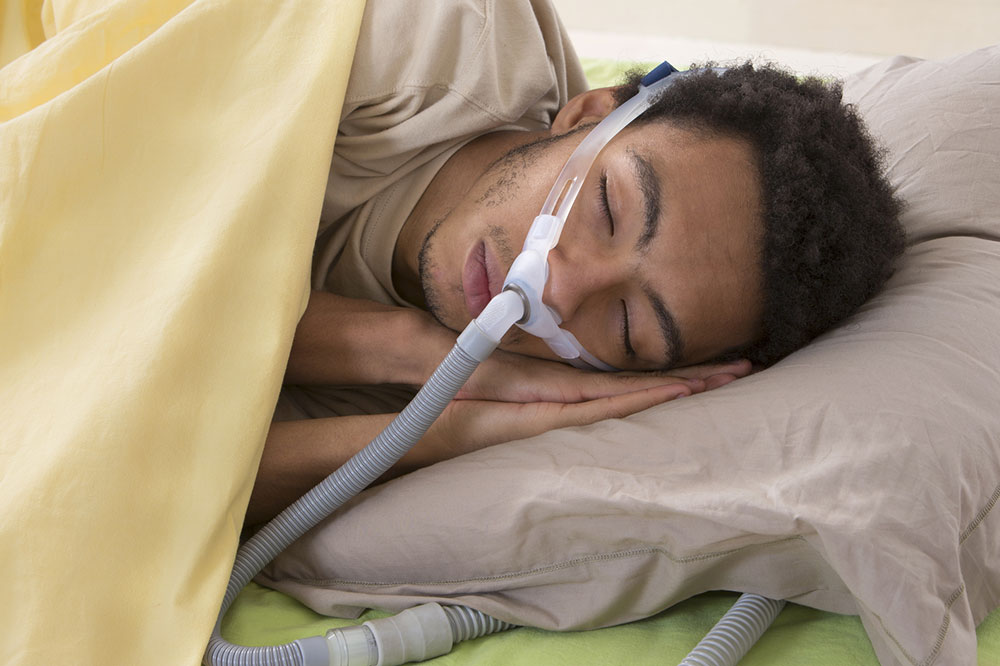
Managing Sleep Apnea the Natural Way
Sleep apnea is the condition where your breathing stops for short periods following the partial or complete blockage of the upper airways. The obstruction of the airways causes pauses in breathing following the relaxation of the muscles behind the throat. It can lead to several health complications, including mental health issues, poor immune function, and an increased heart failure risk.
It can leave you feeling very tired and weak throughout the day, and you can combat this issue with proven natural ways.
- Do yoga
While doing regular exercise can help you with this condition, practicing yoga increases energy levels and strengthens your heart. It also boosts your respiratory strength and promotes oxygen flow naturally. Sleep apnea results from decreased oxygen saturation in the blood, and yoga incorporates various breathing exercises to combat this condition. - Sleep on your side
Lying on your back is probably the worst position that aggravates sleep apnea. This position causes your jaw, tongue, and soft tissues to drop back toward your throat. It narrows the airways that lead to an obstruction. Sleeping on your stomach is equally worse since it puts additional pressure on the airways and lungs and causes obstructive breathing. Instead, try sleeping on your side to keep the airways free and open. You can also use countered side pillows or body pillows to help you. - Maintain a healthy weight
Excess body weight is directly linked to increased sleep apnea. Obesity can significantly increase the risk of obstructing the airways and narrow nasal passages. It puts increased pressure on your airways and nasal passages. This obstruction can cause you to stop breathing at irregular periods while sleeping. - Try aromatherapy
Essential oils extracted from aromatic plants and herbs work as a natural sedative to help you relax and sleep better. Lavender, jasmine, and citrus are mood elevators and have anti-inflammatory properties. You can put a few drops on a towel and place it under the pillow before you sleep. You can also add some drops to boiling water and inhale the steam to provide a soothing effect and promote restful sleep. - Avoid alcohol and smoking
Both alcohol and smoking lead to inflammation and swelling of the airways. This can worsen your snoring and obstruct your breathing. Alcohol relaxes your throat muscles that control breathing and leads to an interruption in breathing. - Raise the head of the bed
Keep the head of your bed at an angle around 50 degrees. It’s a useful technique if you habitually sleep on your back and find it uncomfortable to sleep on your side. You can use pillows or use body wedges below your torso that elevates your head to a comfortable position. - Use oral appliances
You can reposition your jaw or the tongue to keep airways free by using oral appliances. Mandibular advancement devices and tongue stabilizing devices are the popular types of oral appliances that move your lower jaw or tongue forward. This technique helps decrease the obstruction you’re experiencing in the back of the throat. They can be custom-fit by a dentist.


